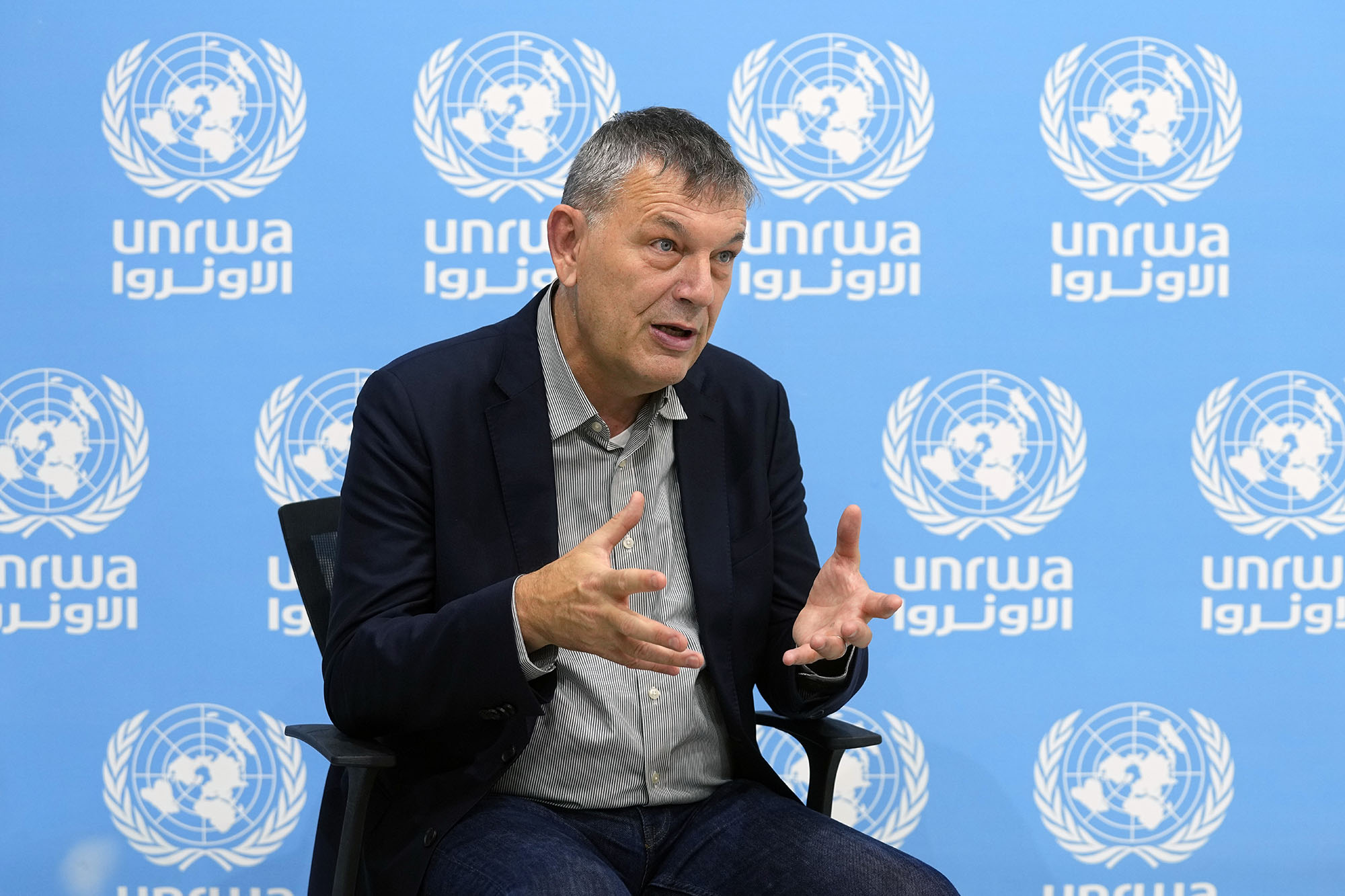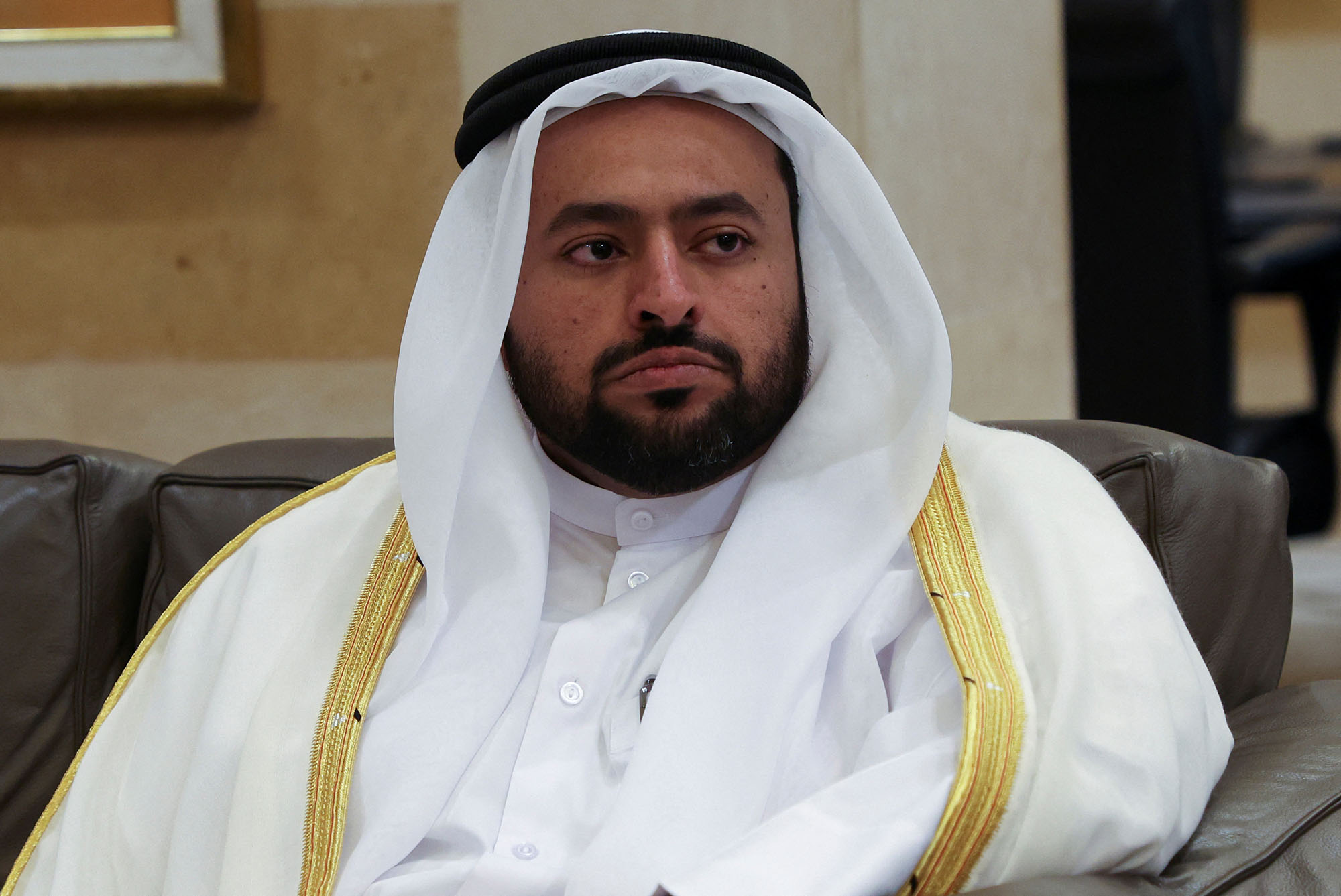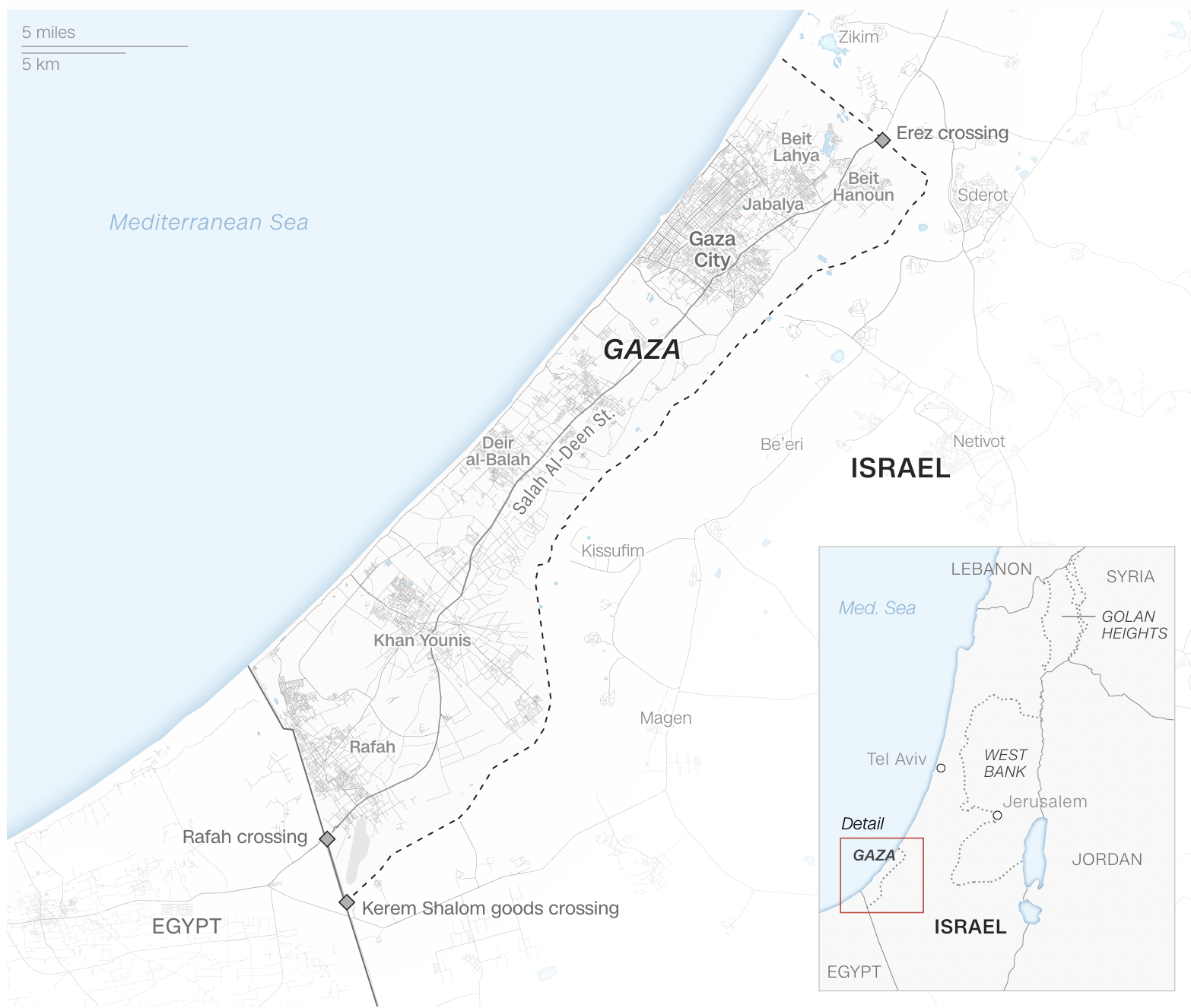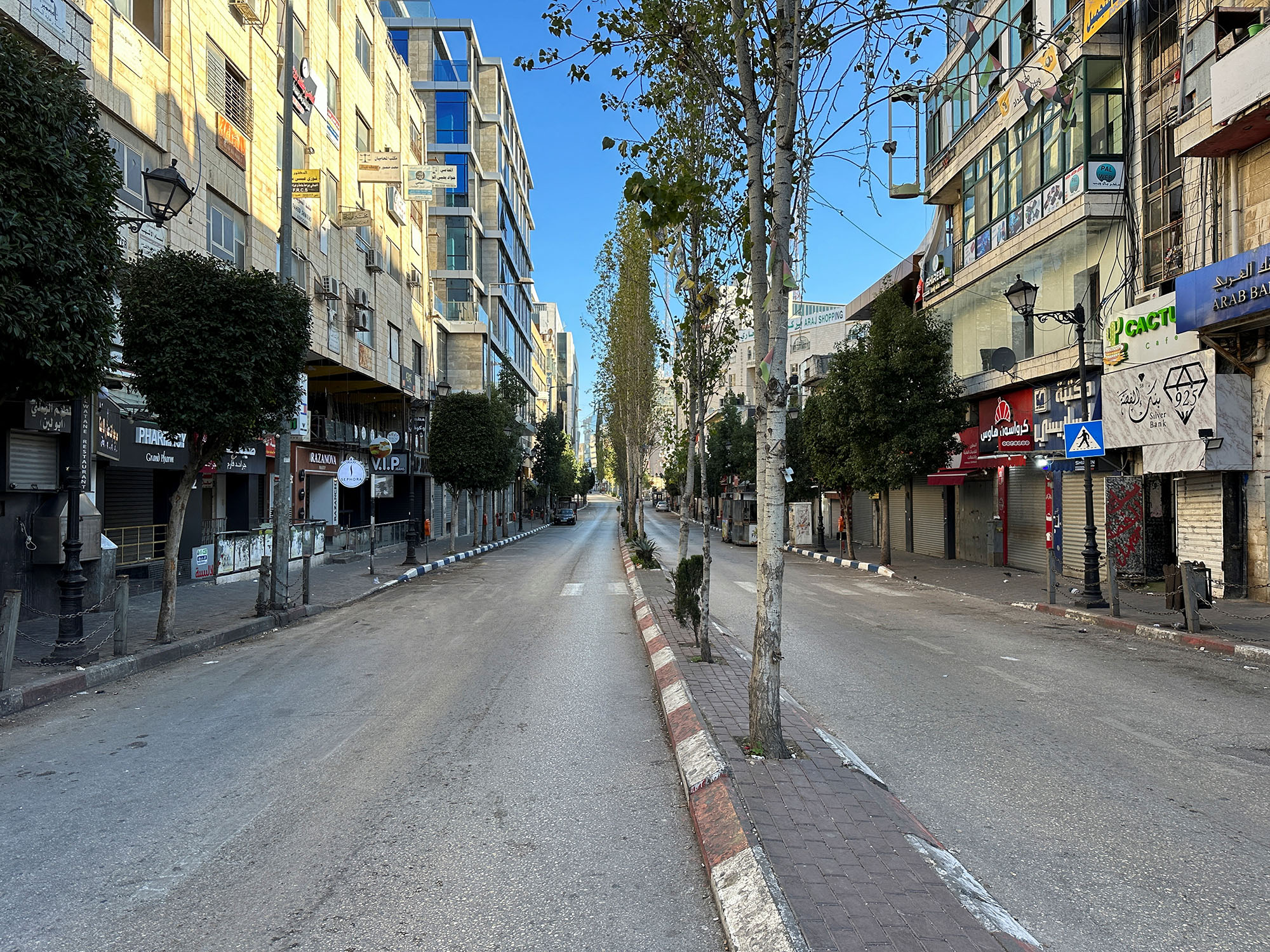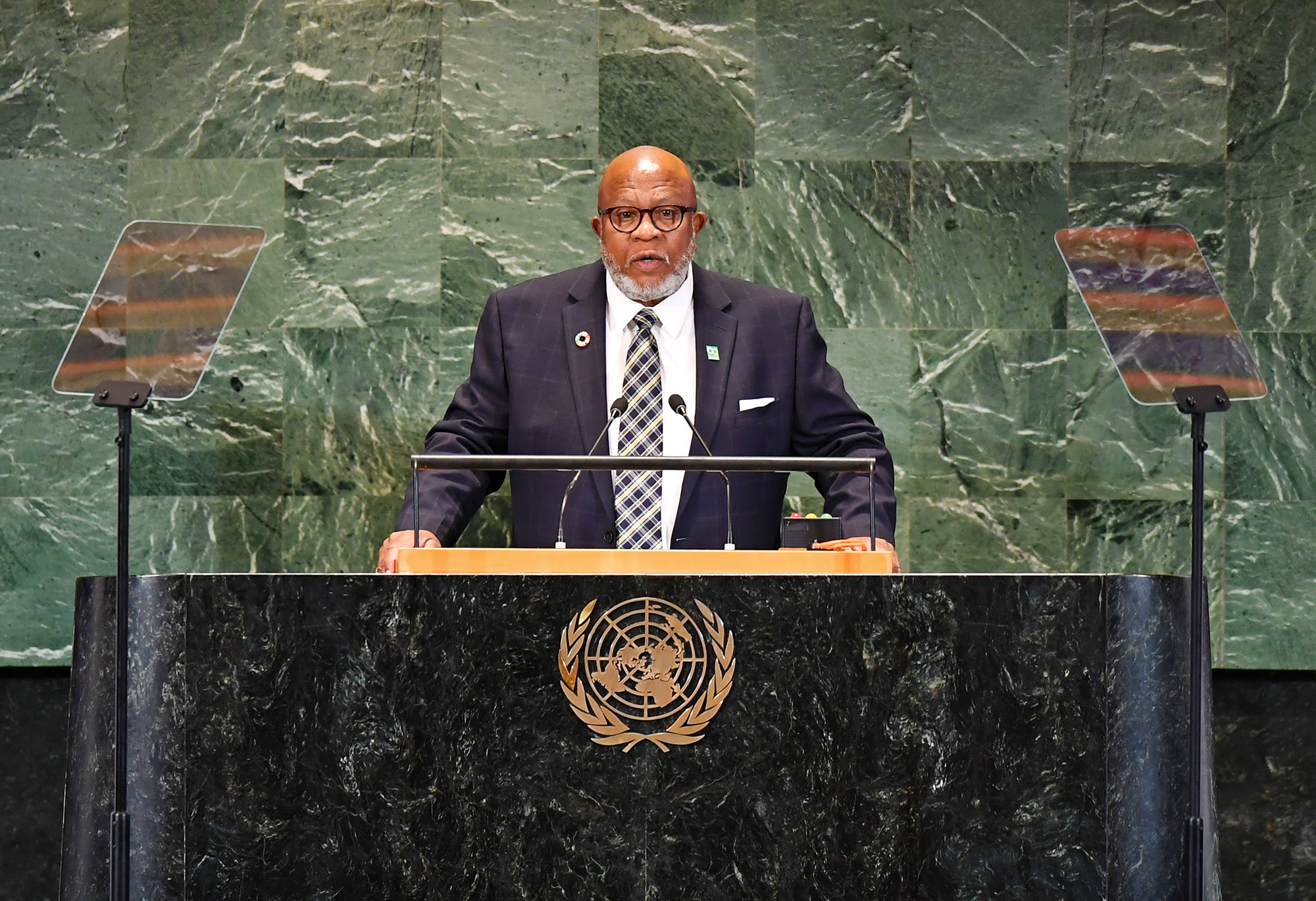In October, Refaat Alareer was deliberating whether to stay at his home in the heart of Gaza City, or flee further south with his wife and six children.
As Israeli warplanes bombarded northern Gaza, the Israel Defense Forces (IDF) told civilians to evacuate their homes immediately and go south.
Civilians like Alareer were confronted with an impossible predicament. Stay home and risk being killed, or try to flee without protection. At the time, the 44-year-old writer and academic told CNN he and his family had no choice but to remain in the north, because they “have nowhere else to go.”
“It’s an archetypal Palestinian image of a discussion, a debate on should we stay in one room, so if we die, we die together, or should we stay in separate rooms, so at least somebody can live?” he said.
A professor of comparative literature at the Islamic University of Gaza, Alareer was famed for his role in chronicling Gazan experiences. He was instrumental in nurturing young Palestinian writers and helped them tell their stories in English, according to friends and colleagues.
Alareer spoke to CNN from Gaza City, on October 12 and October 13. He gave consent in written messages to share the recording in the event of his death.
Weeks later, on December 7, Alareer was killed by a strike in Shajaiya, in northern Gaza, his friend and colleague, Jehad Abusalim, confirmed to CNN. He was staying with his brother, his sister, and her four children, who were also killed, according to Abusalim, a writer, 35, based in Washington, DC.
He left behind his wife, and children aged 7 to 21. CNN has been unable to reach members of Alareer’s family.
Read the full story here.
